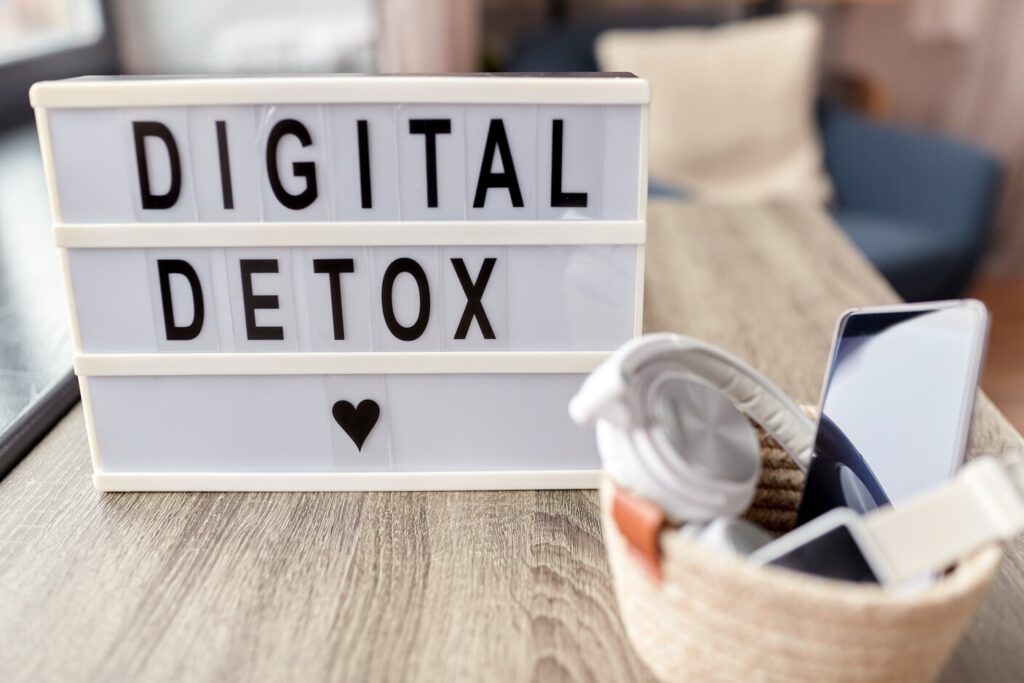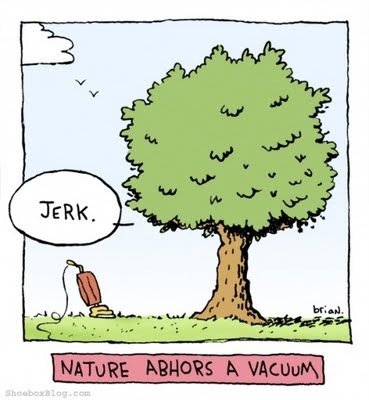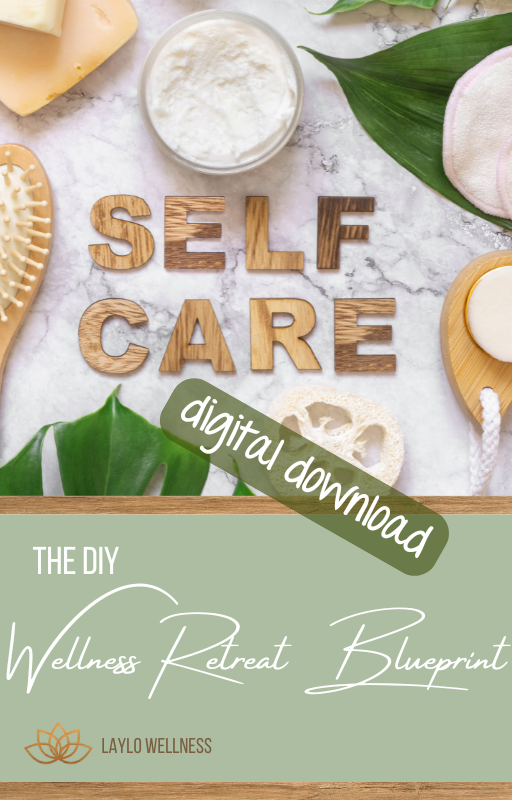
Many high-achieving women spend their days surrounded by colleagues, family, and acquaintances yet still disconnected from their lives.
Conversations happen, schedules are full, and responsibilities never stop, but something essential feels out of reach. This quiet struggle isn’t unique, and it’s more common than many realize.
A Common Yet Overlooked Challenge
Research shows that social fulfillment plays a critical role in overall well-being, yet many women in their 40s and 50s report a decline in close friendships. A study from the Harvard Study of Adult Development found that strong relationships are the most significant predictor of long-term health and happiness. However, as careers advance, family demands grow, and personal time diminishes, deep connections often take a backseat.
A 2021 study published in the American Journal of Health Promotion reported that women in midlife who lack a strong support system are at a higher risk for anxiety, depression, and even cardiovascular disease. The absence of meaningful relationships isn’t just an emotional struggle—it has tangible health consequences.
The Illusion of Connection
Many women assume that being busy and socially engaged prevents feelings of isolation. However, transactional interactions—work meetings, family logistics, casual social media exchanges—don’t replace genuine emotional support. The depth of a relationship matters far more than its frequency.
In a survey conducted by the National Institute on Aging, nearly 60% of women over 45 reported that they lacked close confidants. This gap isn’t about the number of people in one’s life but rather the quality of those connections. Superficial interactions do not provide the same emotional nourishment as deep, trusting relationships.
What Happens If I Don’t Fix This?
Without meaningful relationships, stress levels rise, mental clarity declines, and physical health deteriorates. The Centers for Disease Control and Prevention (CDC) has linked chronic social disconnection to a 29% increased risk of heart disease and a 32% higher likelihood of stroke. Cognitive decline also accelerates when social engagement diminishes.
A 2022 report from the National Academy of Sciences found that people with weak social ties are at a 50% higher risk of developing dementia compared to those with strong relationships. Connection isn’t just about emotional well-being—it’s fundamental to longevity and cognitive function.
The Power of Genuine Friendships
Rebuilding meaningful connections requires more than scheduling a coffee date or sending a text.
Authentic relationships develop through shared experiences, vulnerability, and mutual support.
Studies have shown that women with strong friendships experience lower stress levels, improved immune function, and greater life satisfaction.

Friendships act as a buffer against life’s inevitable challenges. A 2020 study published in Psychosomatic Medicine found that people who engage in regular, emotionally supportive conversations have lower cortisol levels and better heart health.
Reclaiming Connection
Deep relationships don’t happen by accident. Prioritizing connection means being intentional—investing time in the people who matter, seeking out spaces that encourage meaningful interactions, and allowing vulnerability in conversations.
A few strategies to start strengthening connections:
- Identify the relationships that matter most. Who are the people you can trust, confide in, and rely on? Focus on deepening those connections.
- Create time for meaningful conversations. Move beyond surface-level discussions. Ask questions that invite openness and authenticity.
- Engage in shared experiences. Stronger bonds develop through meaningful activities, whether it’s a retreat, a regular gathering, or a collaborative project.
- Join or build a community. Seeking out like-minded women who prioritize connection can make a significant difference.
Strengthening Bonds Over Time
Once relationships begin to deepen, maintaining them requires consistent effort. Long-term friendships aren’t just about reminiscing over the past; they evolve as both individuals grow. Regular check-ins, open communication, and shared life experiences keep these bonds strong.
Some practical ways to maintain and enhance deep connections include:
- Scheduling regular meetups. Whether it’s a monthly dinner, a weekend retreat, or a virtual catch-up, making time for connection ensures relationships don’t fade due to busyness.
- Being honest about needs and expectations. True friendships thrive on openness. Expressing what you need from a relationship and being receptive to what others need strengthens trust.
- Offering support in meaningful ways. Small gestures, such as checking in during stressful times or celebrating milestones together, reinforce bonds.
A Lifelong Investment in Well-Being
Prioritizing meaningful relationships isn’t a luxury—it’s essential for overall well-being, longevity, and personal fulfillment. The benefits extend beyond emotional satisfaction, influencing mental clarity, resilience, and long-term health. The path to deeper connection starts with recognizing the need for it and taking action to cultivate relationships that truly matter.
By investing in meaningful connections, women create a foundation for a healthier, more fulfilling life—one where they feel understood, supported, and deeply connected to those who matter most.

You don’t have to choose between success and well-being. Step away from the chaos, reset your mind and body, and realign with what truly matters. Our wellness retreats, online courses, and free resources give you the space to breathe, reflect, and design a life that feels fulfilling—without guilt, without compromise.
Be the first to know about upcoming retreats—join the info list for dates and details.
Let’s stay connected! Follow us on Instagram, Facebook, YouTube, LinkedIn, and Pinterest, and join the LAYLO Shala for exclusive updates and insights.











